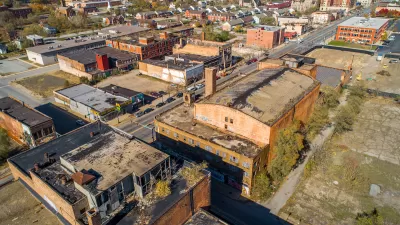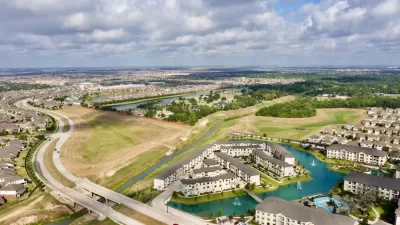The U.S. Census Bureau released its report for the year ending July 1, 2008. It showed that the effect of the recession was to reduce domestic migration from the Northeast and Midwest to the West and Sunbelt. Utah was the fastest growing state.
"U.S. migration typically slows during recessions because new jobs are the primary reason people move across state lines, according to the Pew Research Center. With the country on track to shed more than 2 million jobs this year, there are fewer reasons to move.
William Frey, a senior demographer at the Brookings Institution, said the decrease in migration is notable for its breadth. The housing bust and the recession have slowed migration to fast-growing states in the Sun Belt and the West."
"The long-term trend has been for Americans to leave Northeast and Midwest population centers for warmer, job-creating states in the Sunbelt and West. That movement has slowed, according to the Census. New York, Massachusetts, New Jersey and Connecticut had much higher growth rates last year than they did during the housing boom earlier this decade. Nevada and Arizona, which over the past few years vied to be the nation's fastest-growing state, saw their rates of growth decrease."
"Two states, Michigan and Rhode Island, lost population, with each state suffering unemployment rates greater than 9%."
From U.S. Census Bureau release:
"Utah was the nation's fastest-growing state between July 1, 2007, and July 1, 2008, as its population climbed 2.5 percent to 2.7 million, according to estimates released today (Dec. 22) by the U.S. Census Bureau.
On the whole, the Northeastern states have gained population at an increasing rate since 2005, a turnaround from their declining growth rates from 2000 to 2005."
FULL STORY: Recession Slows Migration in U.S.

Alabama: Trump Terminates Settlements for Black Communities Harmed By Raw Sewage
Trump deemed the landmark civil rights agreement “illegal DEI and environmental justice policy.”

Planetizen Federal Action Tracker
A weekly monitor of how Trump’s orders and actions are impacting planners and planning in America.

Why Should We Subsidize Public Transportation?
Many public transit agencies face financial stress due to rising costs, declining fare revenue, and declining subsidies. Transit advocates must provide a strong business case for increasing public transit funding.

How Housing as a Financial Product Harms Communities
Institutional buyers who treat housing as an investment product become disconnected from the impacts of higher rents, displacement, and housing instability.

Blinded by the Light: When Brighter Headlights Decrease Safety
Bright LED headlights can create glare and reduce visibility for other drivers and pedestrians.

Study Links Covid and Poor Driving
The effects of the virus, including ‘brain fog,’ can make driving more difficult and dangerous.
Urban Design for Planners 1: Software Tools
This six-course series explores essential urban design concepts using open source software and equips planners with the tools they need to participate fully in the urban design process.
Planning for Universal Design
Learn the tools for implementing Universal Design in planning regulations.
Caltrans
Smith Gee Studio
Institute for Housing and Urban Development Studies (IHS)
City of Grandview
Harvard GSD Executive Education
Toledo-Lucas County Plan Commissions
Salt Lake City
NYU Wagner Graduate School of Public Service





























